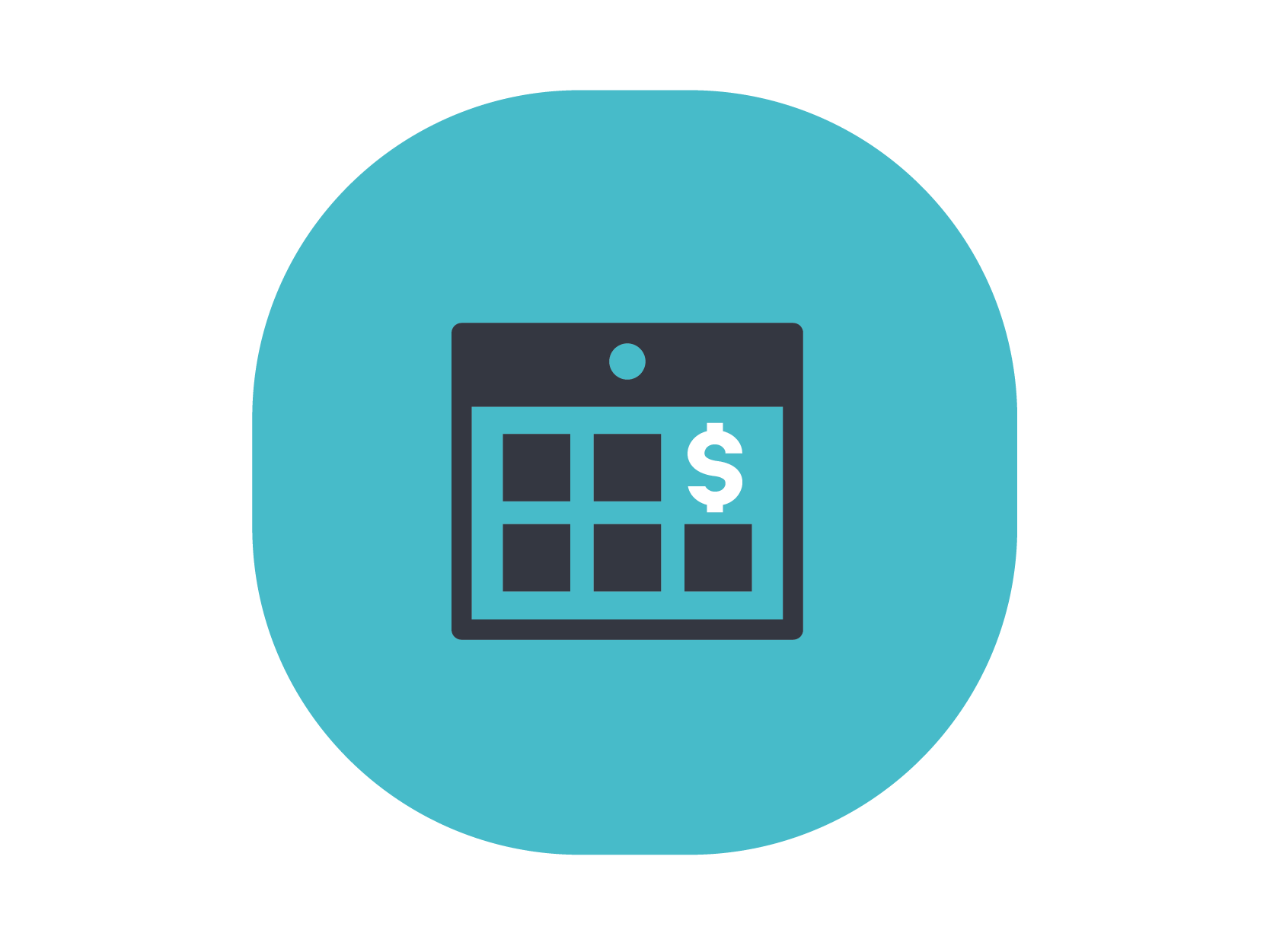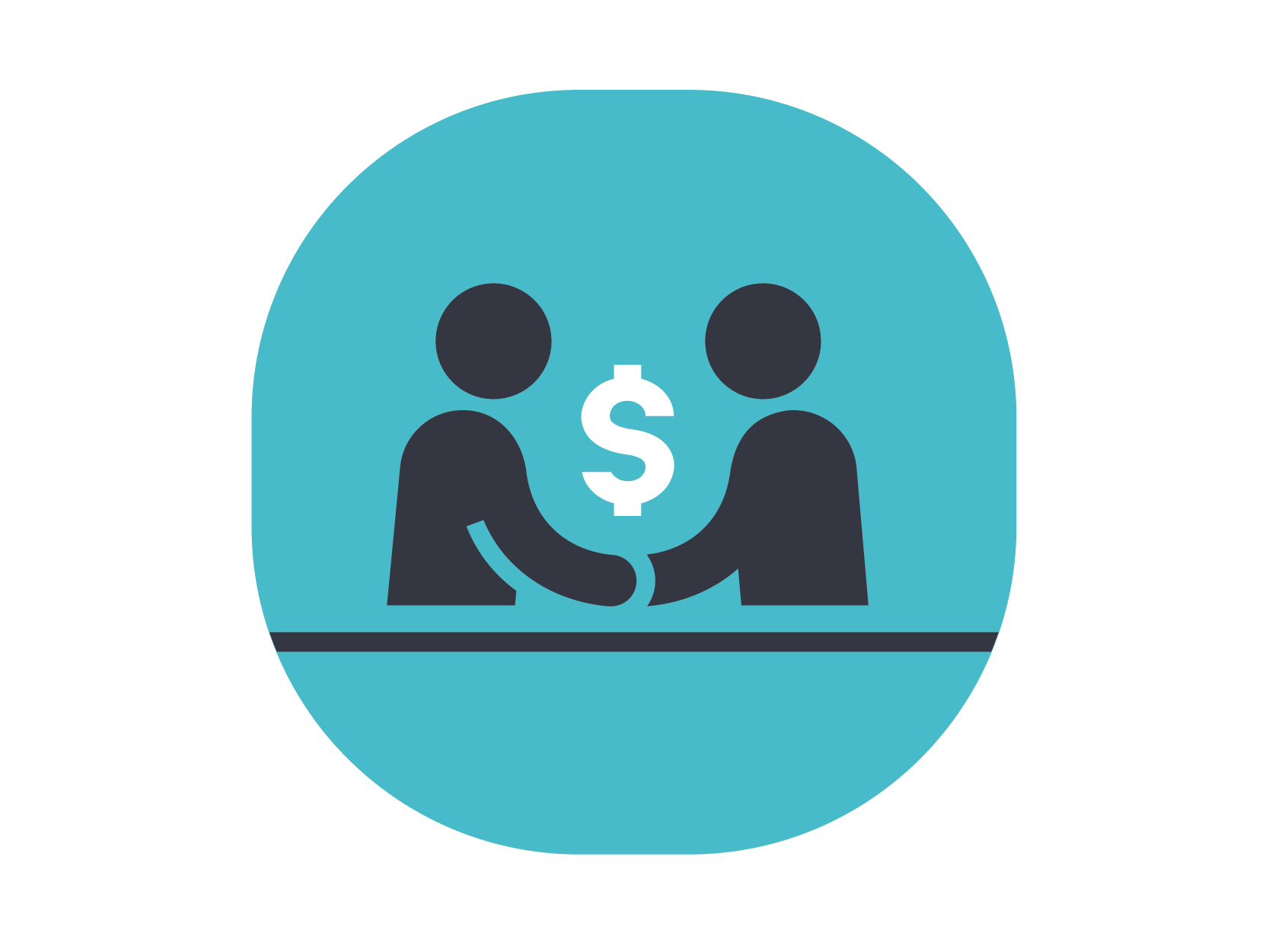
Government Debt
Income tax, GST, PAYE and other debt due to the government can be very serious for you, and any business that you operate – not least because the Inland Revenue has a different approach to collecting debts than private companies have.
The Inland revenue and other government departments that you may owe money to, have extensive powers of investigation, strict guidelines as to how they manage and collect debt, and less discretion of writing off debt, than a private institution or lender. They also have ways to obtain attachments to assets, debts or your bank account to seek repayment, as well as seeking deductions direct from your earnings. So all in all, it is sensible to avoid incurring debt to government departments.
However, the most common way for individuals to get into debt with the Inland Revenue are:
Failing to file GST, PAYE or Income tax returns for their business;
Deliberately understating income in returns, which is established by tax investigators;
Non-payment of GST and PAYE, which incurs significant penalties and interest;
Failing to make payments on student loan debt, particularly when overseas, when interest accrues at an alarming rate;
Failing to make maintenance payments, when required to do so under a matrimonial settlement or order of court;
Fines and penalties for convictions and civil infringements.

Keeping on top of income tax obligations
If you’re employed and are concerned that you owe tax, speak to your employer’s payroll department to check that you’re on the right tax code. If you’re still unsure, speak to the Inland Revenue.
If you’re self-employed, setting aside money for income tax is essential as is ensuring that you submit annual income tax returns. Use one of the many online income tax calculators to estimate how much tax you’ll owe based on what you think you’ll earn, then set this amount aside each month. Now you can make monthly payments to the inland revenue using the Accounting Income Method (AIM), that’s if you use a software system that works with that regime.
You can also keep on top of tax by saving around 30-40% of your income to cover income tax, ACC and any student loan repayments you’ll need to make when filing your tax return. It may not be the exact figure, but it’s a good average.
If you’ve just moved into self-employment, make sure you know how to provide for your future income tax bill, or better still see an accountant to assist you through the process.
What to do if you have tax or other government debt
If you have payment deadlines for paying any form of tax, and you know you won’t be able to pay them, then you need to contact Inland Revenue and ask about an instalment arrangement, but do bear in mind that you will typically be charged interest and fees. It’s normally easier to arrange this before the deadline, rather than afterwards when you have already missed a payment, and the penalties may also then be less.
The best approach with dealing with the Inland Revenue, is being upfront, honest and proactive about dealing with your affairs and payment of your debt to them – trying to duck and dive, or ignoring the issue, will only make it worse.
Have a look at types of debt:



















